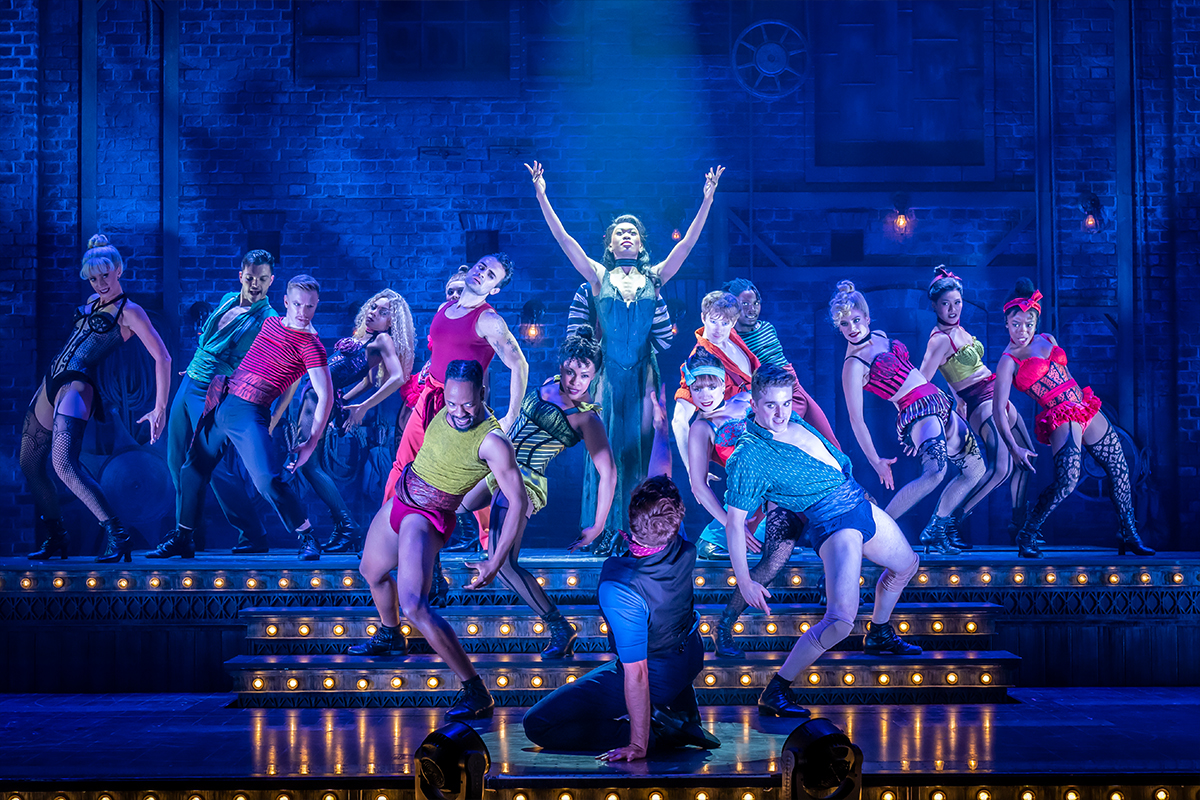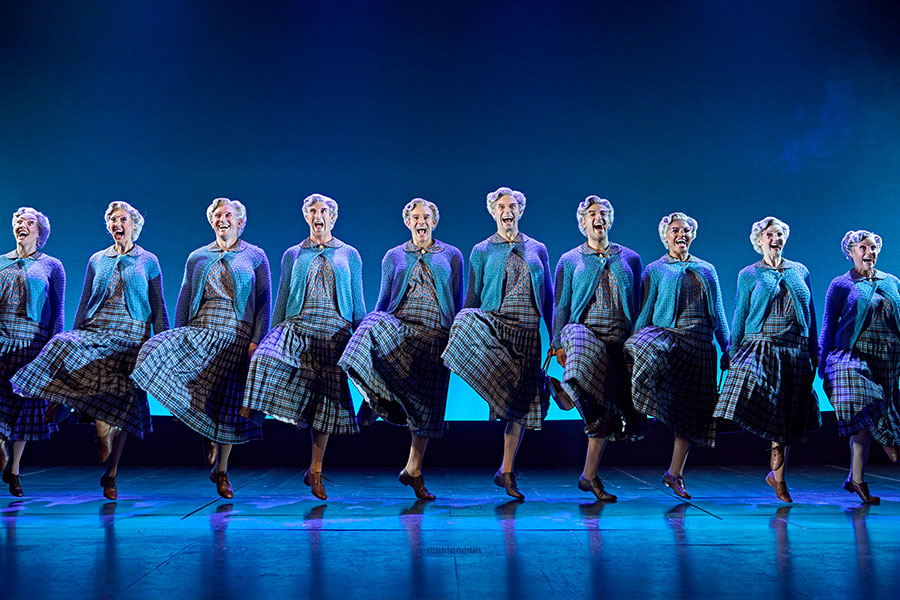The Estate (tour)
A hereditary landowner, a man whose whole life has been rooted in tradition, is dead. His family has convened for the funeral and to find out how much his estate is worth. Pre-revolutionary Russia? No. Modern Nigeria.
The company’s name means theatre of the emancipated and it draws upon a strong team of British-trained Black actors. The plum role is that of Helen, the second wife who is quite determined that life will continue to dance to her tune even after she has been widowed. Ellen Thomas flounces and flirts to create a credible and almost likeable character, even while her selfishness repels.
Yinka and Soji, the deceased patriarch’s sons, are played by Richard Pepple and Kwaku Ankomah with Yvonne Dodoo as their half-sister Sola. Three apparently straightforward people with an assured place in society for whom the future is certainly going to be disjointed.
If one feels sorry for Afolabi (Nick Oshikanlu), that is not the emotion generated by Femi Elufowoju jr – who directs the play – as Pastor Pakimi, a preacher occasionally glancing towards heaven but mostly staring at the earth’s bounties. There’s a neatly contrasted pair of servants from Ayo-Dele Ajana as Abasina and Wale Ojo as Ekong.
The production is designed by ULTZ and has evocative sound by Akintayo Akinbode and Simon Deacon. There are lighting effects by Trevor Wallace which remind us that we are in a land where the veneer of modern living peels off easily to reveal something far more basic. Chekhov country, you see, is measured in something even more universal than miles or kilometres.
– Anne Morley-Priestman










